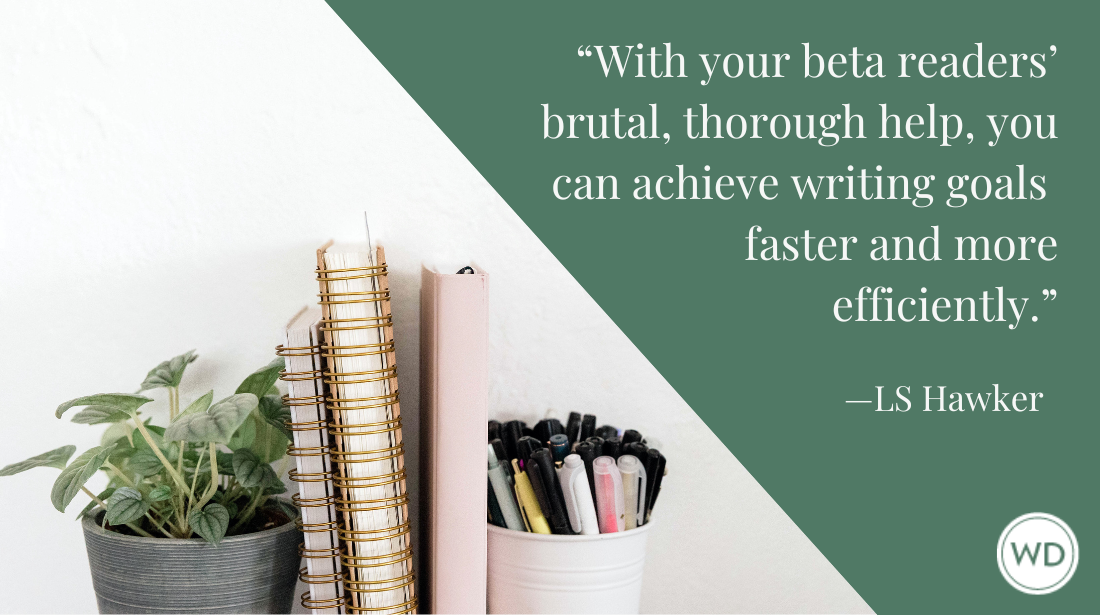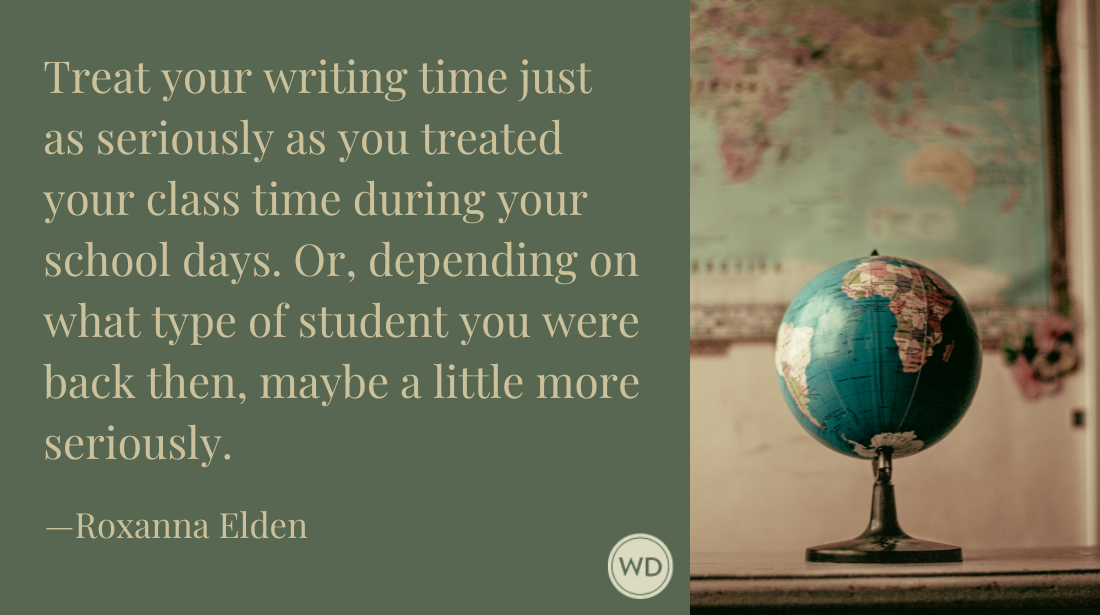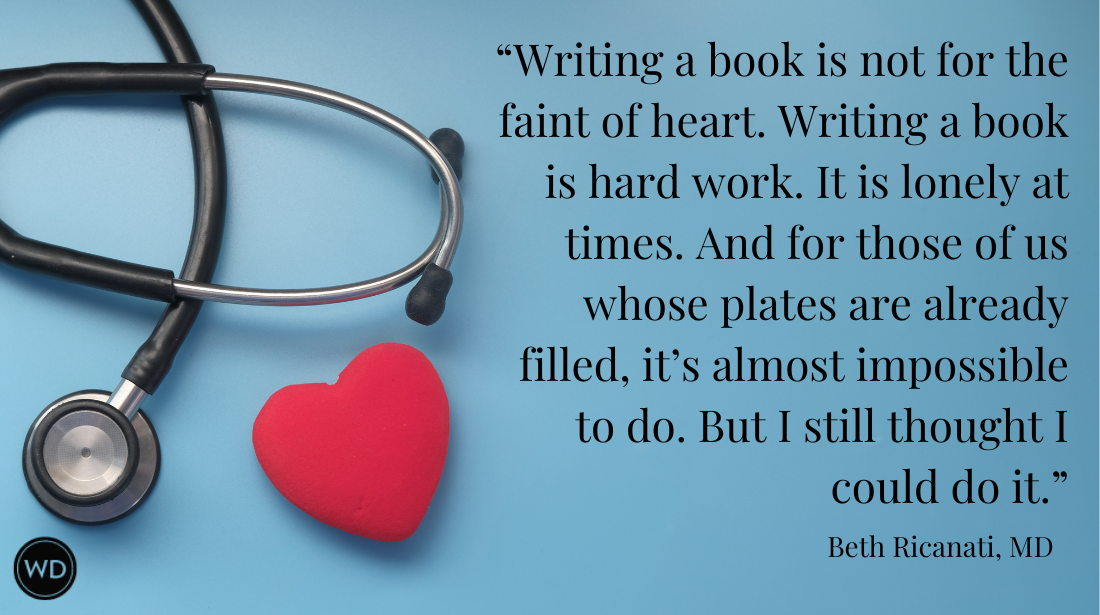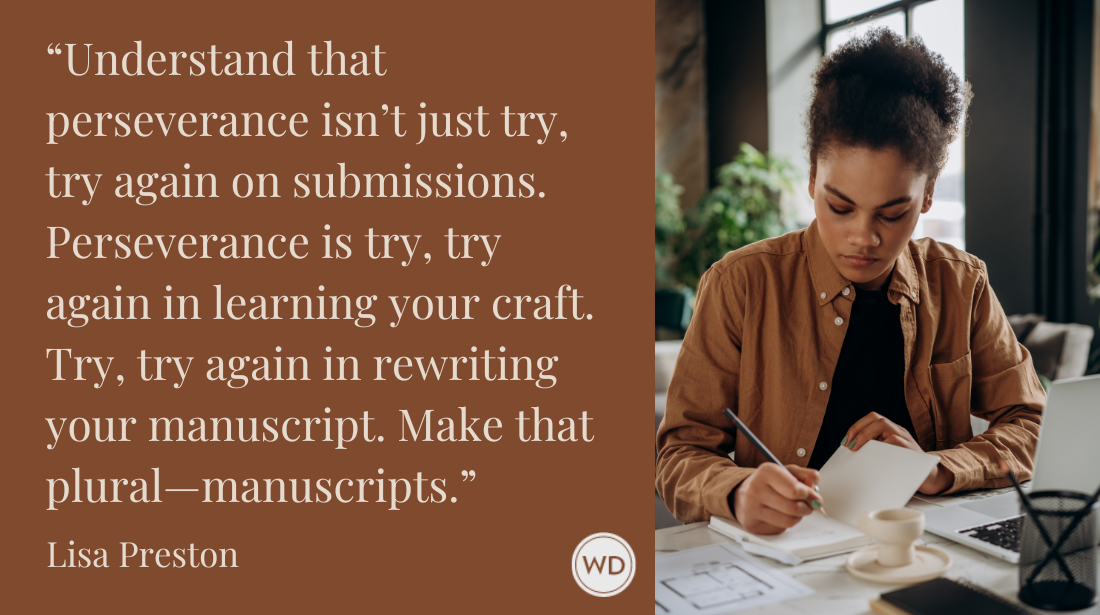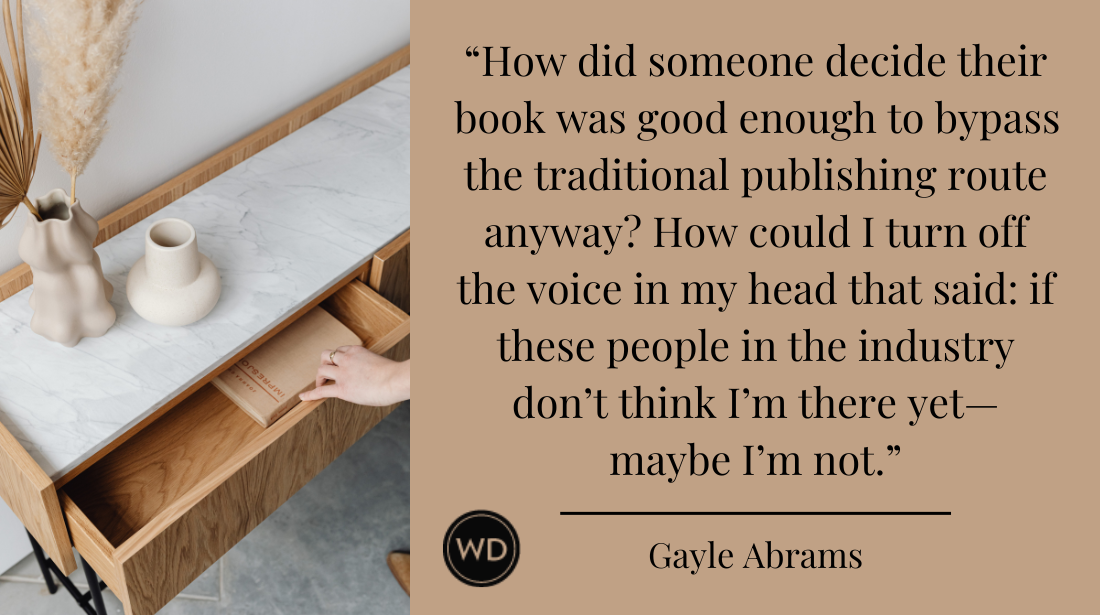© 2025 Active Interest Media All rights reserved.
About UsTerms of ServicePrivacy PolicyActive Interest MediaScriptMag.comDigital Editions2nd Draft CritiquesWebinarsTutorialsWD UniversityWriter's Digest ShopNovel Writing ConferenceWriter's Digest Annual ConferenceCompetitionsGive a Gift SubscriptionMedia KitBack IssuesCurrent IssueCustomer ServiceRenew a subscriptionSubscribeAdvertise With UsWrite For UsMeet UsSite MapAI PolicyCode of Conduct
Antique TraderArts & Crafts HomesBank Note ReporterCabin LifeCuisine at HomeFine GardeningFine HomebuildingFine WoodworkingGreen Building AdvisorGarden GateKeep Craft AliveLog Home Living
Military Trader/VehiclesNumismatic News/VehiclesNumismasterOld Cars WeeklyOld House JournalPeriod HomesPopular WoodworkingScriptShopNotesSports Collectors DigestThreadsTimber Home LivingTraditional Building






